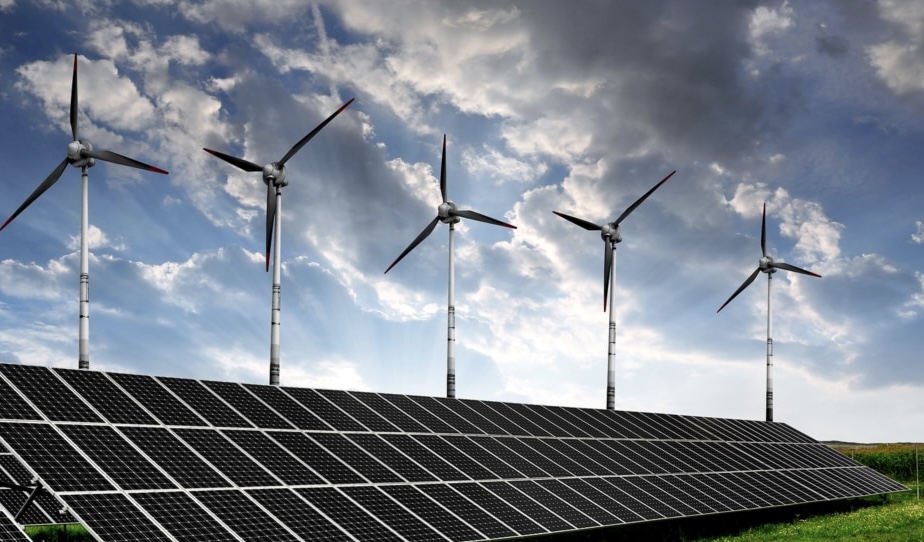Dushanbe focuses on wind and solar to meet energy challenge in Central Asia
Within the next seven years, Tajikistan's top leadership wants to center the transition to "green energy." Plans to build more power plants to ensure supplies to the entire region. Weighing on development goals are corruption and the need for a transparent administrative system.
Moscow (AsiaNews) - The inhabitants of Tajikistan have been suffering from energy shortages in the autumn and winter periods for years, but state officials speak with great optimism about the transition to "green energy" within the next seven years. Experts are skeptical about this, commenting that if a more transparent and effective administrative system is not developed in the Tajik energy landscape, problems in this field are destined to increase.
Given the constant increase in demand for electricity, Tajikistan is planning to increase its production by 2030 to 70 megawatts, thanks to solar and wind power stations. This thesis was presented at the international conference "Effective Energy in Tajikistan", which was held in recent days in Dušanbe. The deputy minister of energy and water resources, Sorbon Kholmukhammadzoda intervened to declare that electricity production in the country will be increased thanks to "green" sources.
According to his report, "over the next seven years, Tajikistan's energy capacity will be increased by an additional 4 thousand megawatts, thanks to the introduction of the Rogun hydroelectric station into operation, and the reconstruction of other power plants, such as Nureksk, Sarband and Kajrakkum." The European Union, which has decided to transition to a "green economy" by 2030, intends to share experiences with Tajikistan and other countries in the Central Asian region.
The EU ambassador to Dušanbe, the Lithuanian Raimundas Karoblis, spoke at the conference to state that Europe's mission is to remain faithful to its commitments in supporting the development of the local energy sector. In his words, “we particularly support the construction of the Sebzorska hydroelectric power plant in Badakhšan; this project will help ensure electricity throughout the region, and also export surplus energy to Afghanistan."
During the conference it was also underlined that Tajikistan is currently in the stage of developing a new energy policy, trying to finalize the mechanisms of its implementation. Representatives of international institutions present at the meeting shared various experiences in this field, such as Salome Steib, head of the office for Switzerland's collaboration with Tajikistan, who insisted on the need to ensure a transparent and operational administration.
According to Steib, “the definition of self-exhaustive electricity tariffs, and the introduction of contemporary payment systems for them, which has already been partly activated, must extend to the entire territory of Tajikistan”. The objective is to prevent control from ending up in the hands of various regional and local potentates.
According to several analysts, the abundance of green energy sources may attract the attention of many foreign investors for the construction of wind, solar and water power plants in the country. Ecological issues expert Khasan Asoev believes that for Tajikistan's energy development some financial issues must first be resolved: "We believe that following investments by international organizations and more developed countries, our country could ensure clean energy not only for itself, but for a good part of the whole of Central Asia”.
Tajik citizens, dealing with continuous blackouts and shortages, are confident in a major reform not only of energy production, but above all of the administration, to prevent the usual suspects from sharing the cake, leaving the population in the freezing cold of winter. Corruption is a legacy of the past, the oldest and the Soviet one, and has not been eradicated in the last thirty years, despite many proclamations, and energy independence could be a decisive stimulus for change, hoping that it will not remain just one slogan.
31/10/2024 18:10







.png)










